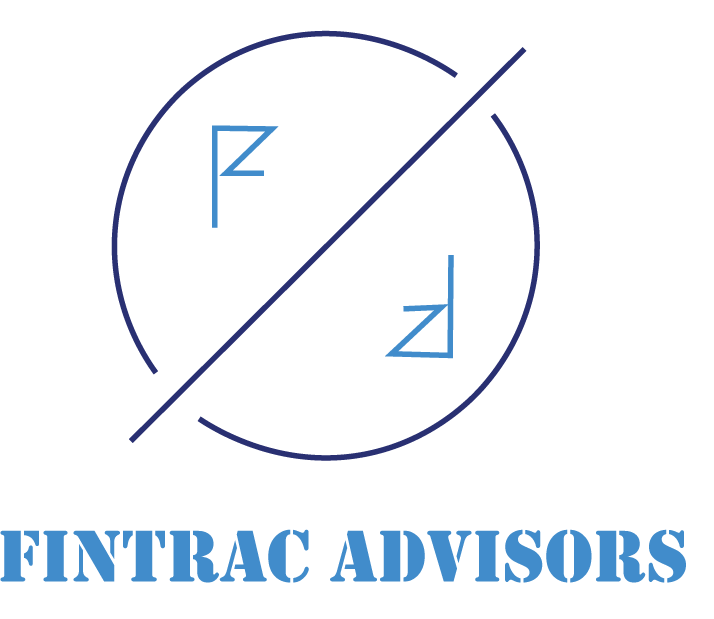The Complete Guide to DIR-3 KYC Filing for 2025

CS Rantu Das
CS Rantu Das is the Founder and Managing Partner of M/s. Rantu Das & Associates, a firm established in 2010. As a Fellow Member of ICSI and a law graduate (LL.B., LL.M.), with an M.Com from Calcutta University, he has over 13 years of expertise in corporate laws, SEBI matters, FEMA, RBI regulations, and compliance audits. He regularly represents cases before NCLT and NCLAT under the Companies Act, 2013, and IBC, 2016.
The Director Identification Number (DIN) is a unique identifier assigned to individuals appointed as directors in companies registered under the Companies Act. The Ministry of Corporate Affairs (MCA) mandates an annual compliance process known as DIR-3 KYC to keep this database accurate and up-to-date.
For the financial year 2025, all individuals holding a DIN must complete their KYC verification by 30th September 2025 to avoid penalties and restrictions on their directorship status.
What is DIR-3 KYC?
DIR-3 KYC is a regulatory filing that ensures the MCA has verified and updated the information of all DIN holders. Depending on your previous compliance history and changes (if any) in your details, you may be eligible to complete a web-based verification or file the DIR-3 KYC form afresh.
Who Needs to Complete DIR-3 KYC in 2025?
Any individual with an active DIN status as of the date of filing must complete the KYC requirement.
Eligible for Web-Based Verification:
If you submitted DIR-3 KYC in any prior year, and your information has not changed (including mobile number and email ID), you can simply complete a web-based KYC verification. This is a quick online procedure that does not require documentation or professional attestation.
Who Needs to File the DIR-3 KYC e-Form?
Certain individuals are not eligible for web-based filing and must instead complete the full KYC through the prescribed e-form:
- New DIN Holders in the FY 2025-26
If your DIN was issued between 1st April 2025 and 31st March 2026, your first KYC filing must be completed using the full e-form.
- Directors Who Missed Filing in Previous Years
If you failed to submit your DIR-3 KYC in any prior year despite being required to do so, your DIN would have been deactivated. To restore it, you must:
- Submit the DIR-3 KYC e-form and pay a late fee of ₹5,000.
- Change in Contact Information
If you wish to update your mobile number or email ID, a new e-form must be submitted, even if all other details remain unchanged.
What If Other Personal Information Has Changed?
In case there are changes in your address, name, or other details:
- You need to first file Form DIR-6 to update the changed information.
- After receiving approval, you may proceed with either web-based KYC (if contact info is unchanged) or the full e-form submission.
How to File DIR-3 KYC (Step-by-Step)
- Login to MCA website and open the Form DIR-3 KYC in Webmode.
- Enter your details, including PAN, Aadhar, email, and mobile number.
- Verify your email and mobile using the OTPs sent during the form process.
- Attach self-attested scanned ID proof (PAN, passport, or Aadhaar).
- Digitally sign the form using a valid DSC (Digital Signature Certificate).
- Have the form certified by a practicing CA, CS, or CMA.
- Upload the form to the MCA portal.
Consequences of Non-Compliance
Failure to file the DIR-3 KYC by the 30th September 2025 deadline will result in:
- Deactivation of your DIN with the status marked as “Deactivated due to non-filing of KYC.
- Ineligibility to act as a director in any registered company
- Reinstatement only after payment of a ₹5,000 penalty and submission of the KYC form.
Final Notes
Filing DIR-3 KYC is a mandatory annual compliance for all directors with an active DIN. Timely submission not only keeps your records up to date but also ensures uninterrupted directorship rights.
Whether you’re newly appointed or a seasoned director, be sure to complete your DIR-3 KYC by 30th September 2025 and remain in good standing with the MCA.
Compliance is key—act now and stay ahead!
Disclaimer
The content published on this blog is for informational purposes only. The opinions expressed here are solely those of the respective authors and do not necessarily reflect the views of Fintrac Advisors. No warranties are made regarding the completeness, reliability, or accuracy of this information. Any action taken based on the information presented in this blog is strictly at your own risk, and we will not be liable for any losses or damages resulting from its use. It is recommended that professional expertise be sought for such matters. External links on our blog may direct users to third-party sites beyond our control. We do not take responsibility for their nature, content, or availability.




